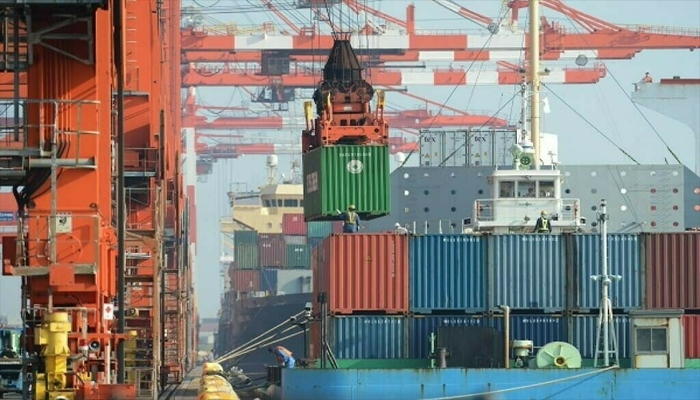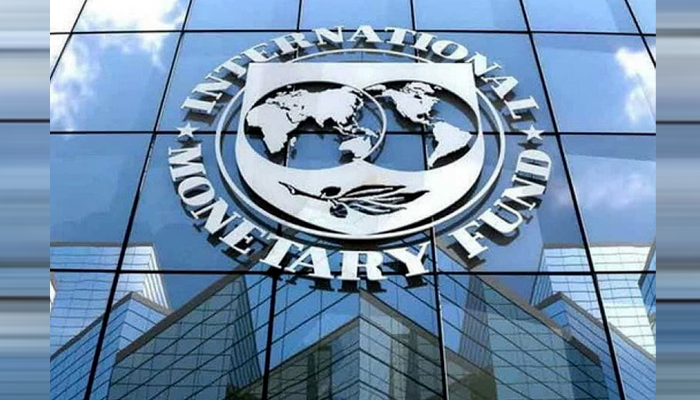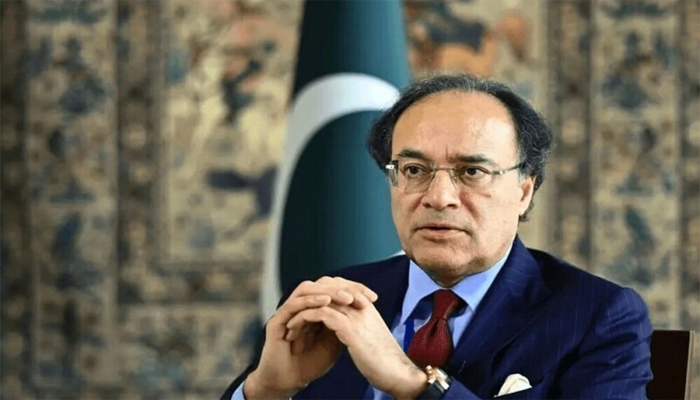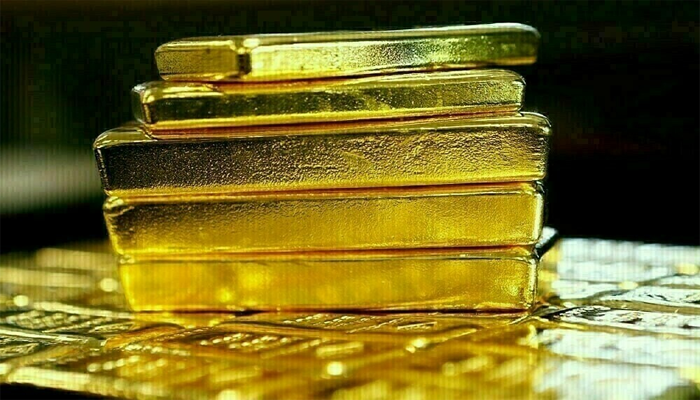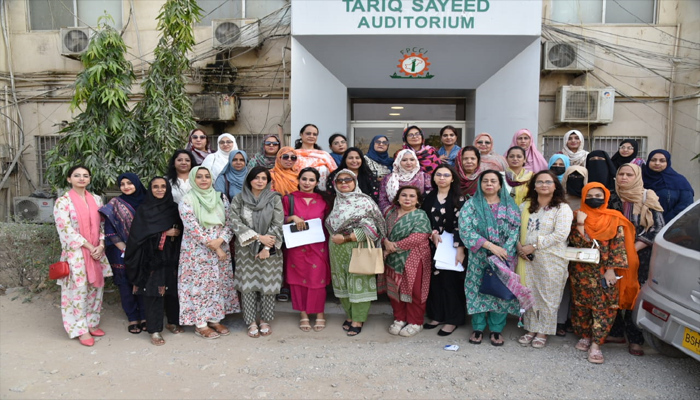BEIJING: In a notable step toward reducing tensions with Washington, China has begun exempting select U.S. imports from its 125% retaliatory tariffs, signaling a pragmatic move to limit economic damage from the ongoing trade war. The exemptions come as Beijing discreetly asks companies to identify critical goods they need tariff-free, sources familiar with the process confirmed.
The move follows a recent shift in tone from both sides, with Washington suggesting willingness to de-escalate and Beijing showing signs of flexibility. Analysts say this could mark the start of a more conciliatory phase, though no formal agreement is in sight.
“The exemptions offer a practical way to ease tensions while avoiding a formal retreat,” said Alfredo Montufar-Helu, senior adviser at the Conference Board’s China Center. “However, both sides remain cautious — neither wants to be seen as the first to back down.”
While Chinese authorities have yet to publicly announce the exemptions, officials from the Ministry of Commerce are actively collecting lists of essential imports from U.S. firms. These include pharmaceuticals, aerospace parts, and chemicals deemed irreplaceable for Chinese industries.
American Chamber of Commerce in China President Michael Hart said some member companies, particularly in the pharmaceutical sector, had already been granted tariff exemptions. “The government has asked firms what they need that can’t be sourced elsewhere. Some have seen drug shipments move without tariffs,” Hart noted.
The exemptions appear narrowly targeted for now. French aerospace firm Safran reported that it had been notified of waivers for certain aircraft parts, including engines and landing gear. A circulating list on Chinese social media suggests over 130 product categories — ranging from vaccines and chemicals to jet engines — may be under consideration. Analysts at Huatai Securities estimate these represent $45 billion in annual imports.
Markets responded positively, with the Hong Kong and Tokyo stock exchanges seeing modest gains and the U.S. dollar ticking up.
The White House, which has also floated the idea of cutting tariffs on some Chinese goods, views the trade war as increasingly unsustainable. While China had a significant trade surplus in 2024, it remains reliant on the U.S. for key imports, such as ethane for plastics manufacturing and U.S.-made drugs.
Still, despite these initial moves, both sides remain deeply entrenched. President Xi Jinping has reiterated that tariffs damage global trade stability, but officials also stress China is prepared for a long economic standoff.
Experts warn that exemptions are only a small step. “China may be pragmatic where needed,” Montufar-Helu said, “but broader relief is unlikely without significant concessions from both sides.”

